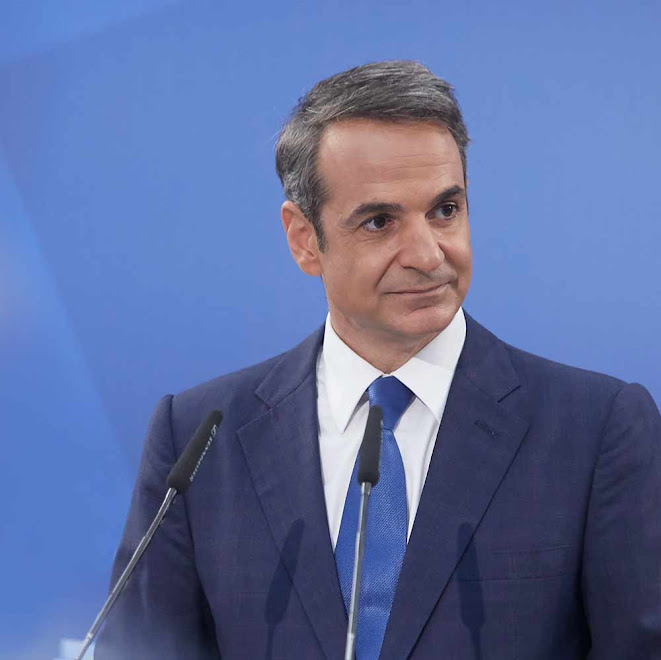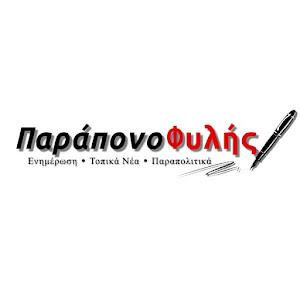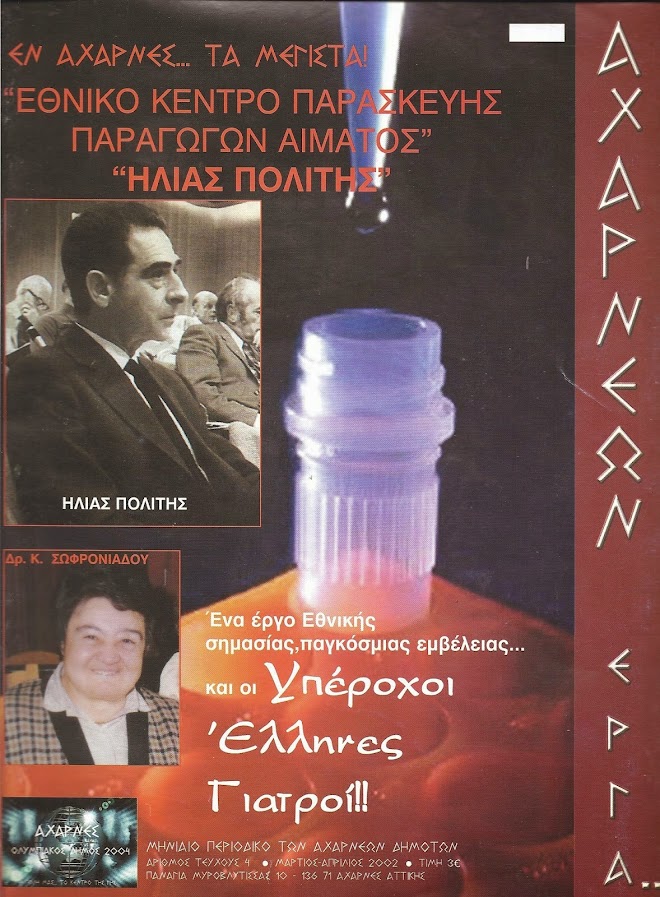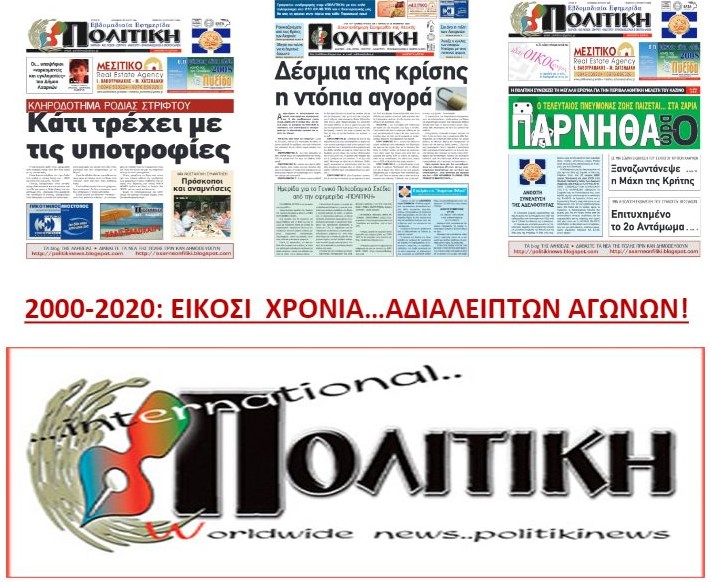Dmitry Medvedev’s interview with the Luxemburger Wort newspaper5 March 2019 00:00
The Prime Minister spoke with Luxemburger Wort correspondent Stefan Scholl ahead of his visit to the Grand Duchy of Luxembourg

Dmitry Medvedev’s interview with the Luxemburger Wort newspaper
Question: Mr Medvedev, tiny Luxembourg is a financial capital of Europe, and most politicians in Luxembourg are not overly enthusiastic about the sanctions against Russia. Are you going to our country to propose a new Moscow-Luxembourg strategic axis?
Dmitry Medvedev: You know, speaking about a “strategic axis”… it is not spoken about nowadays but way back in the early 2000s Russia came out with a proposal to establish a common space of cooperation from Lisbon to Vladivostok. And if contacts between Moscow and Luxembourg can contribute to its formation, Russia would welcome that by all means.
The fact that Luxembourg is unenthusiastic about anti-Russia sanctions is explained, as we see it, by the fact that your country keeps faith with its foreign policy traditions. We are impressed by your national motto “We want to remain what we are.” It is so important in today's world – preserving one’s identity and taking pride in one’s country.
But to be honest, I don’t see any particular enthusiasm across the European Union for anti-Russia sanctions. You remember that they were imposed in the context of deteriorating relations between Russia and the West when the US and some European nations supported the armed coup in Kiev in February 2014.
Question: To be sure, there are very few who are enthusiastic about the sanctions. However, all the EU nations still support them including Luxembourg. They are considered detrimental and bothersome here yet still a necessary response to Russia’s actions in Crimea and the violent “Russian Spring” in Donbass. Do you think it is a total misapprehension?
Dmitry Medvedev: Look, everyone is entitled to their misapprehensions. But I can never agree that the sanctions are a “necessary response.” Necessary for whom? For Crimeans who made their free and conscious choice in a referendum, one of the most democratic processes? Or for the Russians in eastern Ukraine? I am sure they have a totally different view of the so-called peaceful Ukrainian “winter, summer and autumn” if we follow the logical succession of your “Russian Spring in Donbass.” The situation there is very difficult despite Russian humanitarian aid. Tens of thousands of people are living in virtually the centre of Europe in the 21st century under an energy and transport blockade. In fact, it is a humanitarian disaster. And unfortunately, there is still a long way to go to a complete settlement. This is mainly due to the unconstructive stance of the Kiev authorities which apparently are not going to implement the Minsk Agreements, and yet sanctions are imposed against Russia. Strange logic.
What was the principle objective of the sanctions? To undermine our economy. The attempt has failed, as you can see. Today, the sanctions only impede relations with European partners, to say nothing about the losses incurred by everyone. Because we also had to impose sanctions in response. But we immediately said that we did not start the sanctions war. And we are ready to lift our sanctions as soon as the other side takes the first step. Yet the European Union, as if spell-bound, follows the US and keeps extending its sanctions year after year.
Let’s be frank, nobody needs this or benefits from it. And its “corrective effect” is zero. Many of our partners realise the futility of this approach. And it matters greatly that Luxembourg is among them.
Question: How do you assess the level of Russia-Luxembourg cooperation against the backdrop of sanctions?
Dmitry Medvedev: The sanctions definitely do not help the cause of mutually beneficial trade and investment. It is a classic example of missed opportunities, both for Russia, Luxembourg, and the European Union in general. And it does not make the world economy any better either.
However, even in such unfavourable conditions our cooperation is progressing. Two-way trade has been growing for several consecutive years. The Grand Duchy remains an important investor in the Russian economy. The numbers speak for themselves: by the middle of 2018 the FDI total had reached $19.6 billion. Another promising area is cooperation in the sphere of innovation. Let me note that in 2017 your Prime Minster Xavier Bettel took part in the Open Innovations forum that we hold in Moscow every year. And last year Luxembourg was represented by one of the largest delegations of around 40 companies! I am sure there would have been more without the sanctions-based restrictions.
We value our good relations with all nations. This is why we advocate moving forward in our relations with Luxembourg, on the principles of equality and mutual respect, of course. This is the sentiment I come bearing to the Grand Duchy. And I expect it will be reciprocated by our Luxembourgian friends.
Question: Luxembourg is not a nuclear state but several NATO bases with nuclear weapons are deployed around it. Should we be concerned that your new hypersonic nuclear missiles might land in our gardens?
Dmitry Medvedev: Our hypersonic missiles are of high precision and reliability. So your gardens are absolutely safe. On a serous note, we never threaten anyone, and we are even less likely to attack someone or wage a war. In our view, any attempts at nuclear blackmail lead to greater international tensions. It is in our interest to see Europe living in peace and stability. And we certainly engage in dialogue with NATO member-countries. We cooperate with them on a number of issues, and we do so constructively. And we expect the same approach from our partners.
Everyone will be more at ease when all US nuclear arms return to US territory and the infrastructure in Europe to store, maintain and promptly deploy those weapons is eliminated. This also applies to the military exercises to prepare for the use of nuclear weapons which are held by NATO countries on a regular basis. These drills add nothing but unwanted stress, primarily to the NATO countries themselves.
Question: But we are also worried about Russia, which keeps unveiling and testing new nuclear weapons. By deploying strategic 20 to 27 Mach missiles your country does not look like a bastion of peace.
Dmitry Medvedev: Missile speed is a technical characteristic, not a sign of peacefulness. We naturally strive for the most cutting-edge and effective weaponry. But let me reiterate – not for attacking. We have a genetic aversion to war, if you will. We regard our nuclear arsenal exclusively as a means of deterrence, a guarantee of Russia's national security. This is stated in our Military Doctrine which is purely defensive in nature. By the way, it is an open document and anyone can read it.
And, by the way, it is the United States of America, not Russia, that is withdrawing from the INF Treaty, a cornerstone treaty in global security. This is why the Russian President signed an executive order suspending the INF Treaty as a symmetrical response until the US remedies its violations under it.
Question: Nord Stream 2 is now being vigorously debated in Europe. Opponents of the project point out that there is already a transport system via Ukraine, there are politically more reliable suppliers and that the demand for natural gas in Europe will drop in the coming decades. What motives is Russia guided by in the implementation of such large projects as Nord Stream 2?
Dmitry Medvedev: Our motives are quite obvious. I have repeatedly said this. First, economic feasibility: indeed, in commercial terms, Nord Stream is a very interesting project, for all of its participants.
Secondly, it will reduce transit risks. Russia has been operating on the European gas market for several decades. We value our reputation as a reliable partner. And we want to be sure that we can continue to fulfill our obligations in full. So we are creating an additional transport corridor for the supply of our gas. Please note that I am saying additional, not alternative. The share of Russian gas in EU gas consumption is now around 30%. Nord Stream 2 will not fundamentally change this situation. It will only cover part of the imports required by the European Union, using a more stable and cheaper route compared to the existing one. This is a clear win for European consumers.
Question: But will Europe need Russian gas?
Dmitry Medvedev: We operate under the assumption that Europe will remain a big consumer of Russian natural gas regardless of the rapid progress in green energy and the LNG segment. At any rate, as long as decisions are made that are economically sound. Or unless a really revolutionary breakthrough occurs in energy technologies.
Russian gas supplies to the European market have grown in recent years. And the prospects are generally good, for a number of objective reasons. In particular, due to the decline in European production at old fields in the North Sea and the partial abandonment of coal, and in some countries, of nuclear power generation. And of course, due to the need to back up renewable sources of energy, which, although attractive from the environmental point of view, are still not very reliable from the energy point of view.
So, I think, Russian gas will cover a substantial part of the European countries’ energy needs for the foreseeable future.
Question: German Chancellor Angela Merkel keeps saying that the transit of Russian gas via Ukraine must be continued even when Nord Stream 2 is in place. What do you say to that?
Dmitry Medvedev: We have a similar view as Ms Merkel on the issue. But Russia, as a long-standing and large supplier of fuel, is trying to diversify gas delivery routes to the European market since the more transit routes, the more reliable the supplies
I would like to specially emphasise that we are not terminating transit through existing pipelines. Neither the Nord Stream 2 nor the TurkStream projects include such decisions – neither in relation to Ukraine, nor to other countries. In particular, we are ready to continue the transit of gas through the Ukrainian GTS after 2019 – under certain conditions, of course. We have laid them out more than once. In short, they include a settlement between stakeholder companies, favourable economic and commercial terms in contracts, and a stable political environment.
Question: In Europe, many are concerned not only about the fate of your polar bears, but also about climate change. In the face of global warming, many European countries are actively preparing to switch from traditional fuels such as oil and gas to alternative energy sources. Why are there so few such projects in Russia?
Dmitry Medvedev: To clarify up front, I support the development of alternative energy. But so far, its share is really small, not only in Russia, but also in other countries. And, although in the next two decades we are unlikely to be able to completely abandon hydrocarbons, we still need to develop renewable energy – solar, hydro, and wind generation.
Today, power stations that do not rely on hydrocarbons account for about 20% of the global energy balance. Their share is growing, although this process is not as rapid as we would like it to be. By the way, our country is one of the leaders in the field of hydropower generation. About 18% of electricity in Russia is produced by large hydroelectric power stations.
Owning a house fully powered by clean energy from the sun or wind certainly remains a cherished dream for many. This requires so-called microgeneration – units with a capacity below 15 kilowatts. This is especially relevant in Russia with its large expanses. So we are working on creating the conditions for its development. A draft federal law has been prepared; three weeks ago, it passed the first reading in the lower house of our parliament, the State Duma.
Question: Do you plan to expand the use of such energy sources?
Dmitry Medvedev: In Russia, renewable energy is developing briskly at an industrial scale. The amount of energy generated by such units has grown by 150% over the past year. A full cooperation chain has already been created in the Russian solar power industry, from research labs and manufacturing of solar modules to the construction and operation of solar power plants. In the wind energy sector, consortia are now being created between the leading players on the Russian market and major global manufacturers, including European companies. Work is underway to develop the production of equipment and components. Such enterprises are opening in the Rostov, Nizhny Novgorod, Ulyanovsk, and Leningrad regions. We are also creating the most favourable conditions possible for investors who work in this area.
Question: In recent years, many in Russia have harshly criticised Europe and its ways, often denying that Russia is part of the European cultural and political landscape, even though Russia has been one of the main pieces of Europe’s political architecture and a major cultural component for several centuries. Do you think Russia is a European country or not?
Dmitry Medvedev: Russia is a democratic country; we can have different opinions and views on Europe and its values – including criticism. But they did not emerge in the last few years, as you say. Suffice it to recall the controversy between the Slavophiles and the Westernisers in the middle of the 19th century, which involved the outstanding minds of their time.
This debate still continues in some sense. We are definitely inseparable from Europe, from the political, economic, and civilisational processes taking place on this continent. And at all times, we have never been a closed space, never closed to international contacts.
A truly united Europe is unthinkable without Russia. Many European politicians at all times were aware of this. For example Charles de Gaulle, who, as you know, first proposed the concept of Greater Europe from the Atlantic to the Urals.
Historically, Russian civilisation is an integral part of global civilisation, and Russian culture is part of European culture. At the same time, Russia is a unique country. We have always sat at the crossroads of western and eastern civilisation. This is only natural given our geographical location and huge territory, much of which is located in Asia. We have learned to understand the culture of the East, which enriched us and had a significant impact on various spheres of our life. In this sense, we have come a long and difficult way, something few European countries can boast. And we are definitely not going to forget about it. It is not our way to set the Western and Eastern elements against each other; quite on the contrary, we see this as our advantage. Lev Gumilyov, a remarkable scholar and historian, said Russia is a unique country that harmoniously combines elements of the East and the West.
Question: But ideological confrontation has become mainstream in Russia. Such as the word "Gay-Europe" heard on political talk shows on Russian television. And the officials believe that post-Christian values hold sway in Europe which radically differ from the traditional values of Russians.
Dmitry Medvedev: There is always heated rhetoric in the media of any country. They gin up controversy to generate interest. But it would be odd to equate talk show guests and the stance of officials. In this case each word spoken on TV would lead to a dozen diplomatic notes of protest.
As for the value system, it evolves over decades, and actually centuries. And it is by no means directed from the top down or by signals in the media. Obviously, each person chooses their own path and predilections. It is unacceptable to interfere in private, intimate matters. We are definitely not going to peek in the bedroom and condemn what goes on there. However, we are not going to promote something that runs counter to the beliefs of the majority of people in Russia. In this respect, Europe’s history differs from ours. You must respect other peoples’ traditions rather than impose your own standards on other nations.
I am confident that the main things for all of us is happiness, well-being, and the safety of the people residing in our countries. Our views totally coincide on that. We have a lot in common with Europe. Our peoples have always been in close contact. To be sure, there have been wars and periods of cooling. But all the same, interaction and cultural exchanges continued. We must not forget so-called popular diplomacy, which has always been there regardless of the political situation.
Question: What do you think is the most important element in relations between Russia and Europe in the 21st century?
Dmitry Medvedev: As for our current relations with European countries, I can say with confidence that the European Union has been and remains an important trade and economic partner for us. Despite the recent difficulties and persistent attempts by the United States to hinder the development of our relations, I am confident that there are no objective obstacles to constructive cooperation between Russia and the EU. We are so closely interconnected – historically, culturally, economically, geographically – that ultimately there is only one path for us to follow, the path of cooperation













